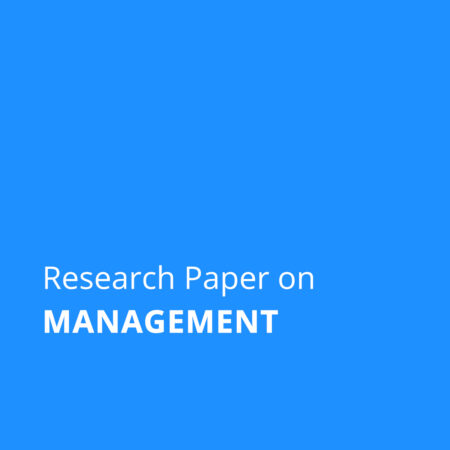Description
Title: A Systematic and Recent Approach to Microbial Biodegradation of Textile Industry Dyes
Abstract: A number of synthetic dyestuffs produced by the textile industry posed a threat to environmental protection. The majority of dyestuffs produced are azo dyes, which are widely used in the textile, paper, fruit, leather, cosmeceutical, and pharmaceutical industries. The different dyes present in effluents cannot be completely removed by current effluent treatment techniques because of their stability, oxidation susceptibility, and color fastness characteristics. Bacteria decolorize and degrade dyes under specific environmental conditions. It is inexpensive, safe for the environment, and applicable to a variety of dyes. However, wastewater from textile factories can create a variety of harmful chemicals and dyes. Environmental laws are being passed more frequently to control mainly azo-based dyes in the environment. It has long been known that microbes have the ability to break down and metabolize dyes. All forms of life could potentially be threatened by the toxic dye components. Although both natural and synthetic dyes are used to color textiles, only the latter are difficult to remove. In order to hasten dye degradation, microbial-based bioremediation of dyes has been studied and reviewed. According to a variety of pieces of literature, the majority of these dye-removing microbes are primarily white-rot fungi, a group of anaerobic bacteria. Additionally, a number of GEMs (genetically engineered microorganisms) are effective dye remediators. The authors have attempted to fill the gap in the bioremediation of dyestuff in this review. Additionally, the authors have made an effort to include the most recent developments in this area. By using environmentally friendly methods, this study will undoubtedly help the dyestuffs industries and researchers.
Keywords: bioremediation; bacteria; fungi; microalgae; consortium; laccase; white-rot fungi
Paper Quality: SCOPUS / Web of Science Level Research Paper
Subject: Biology
Writer Experience: 20+ Years
Plagiarism Report: Turnitin Plagiarism Report will be less than 10%
Restriction: Only one author may purchase a single paper. The paper will then indicate that it is out of stock.
What will I get after the purchase?
A turnitin plagiarism report of less than 10% in a pdf file and a full research paper in a word document.
In case you have any questions related to this research paper, please feel free to call/ WhatsApp on +919726999915



Reviews
There are no reviews yet.